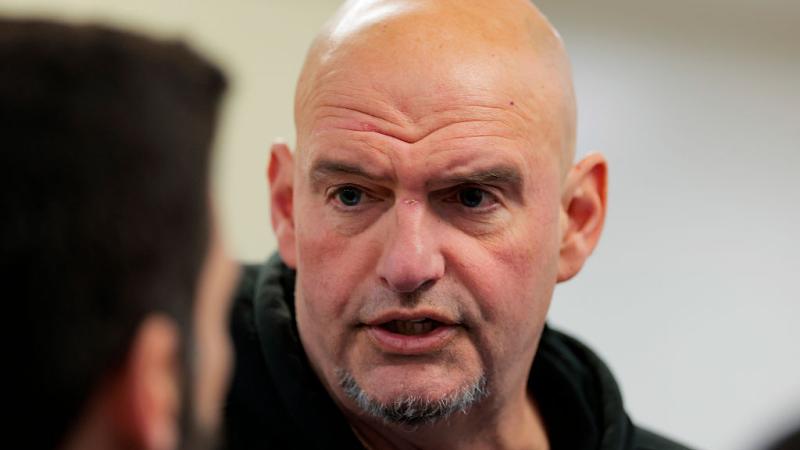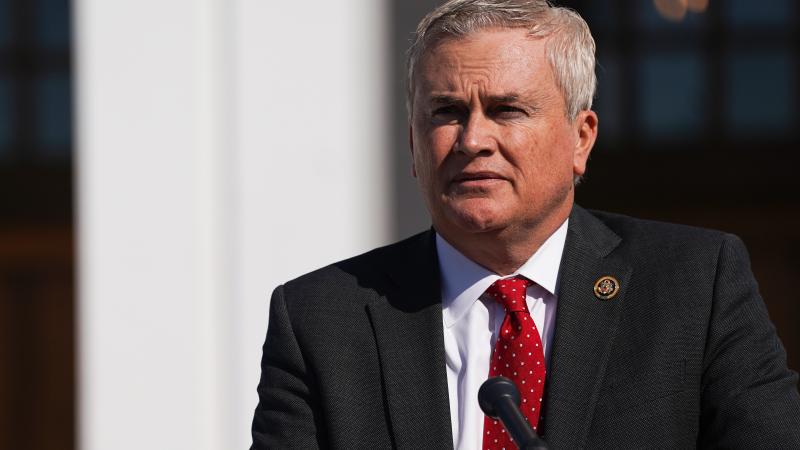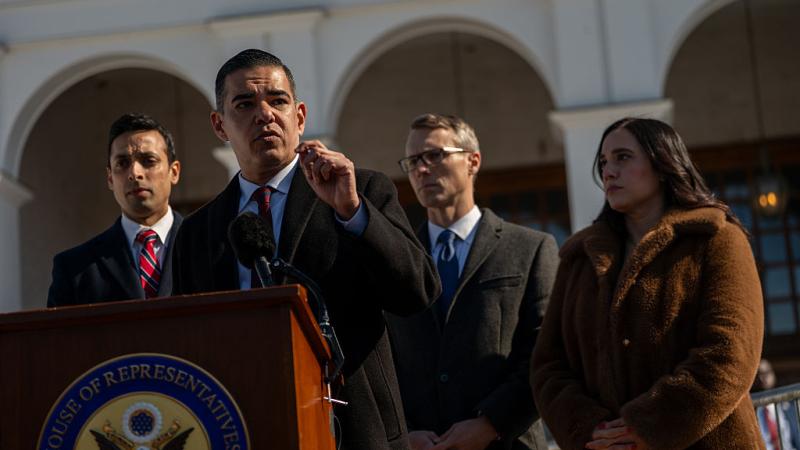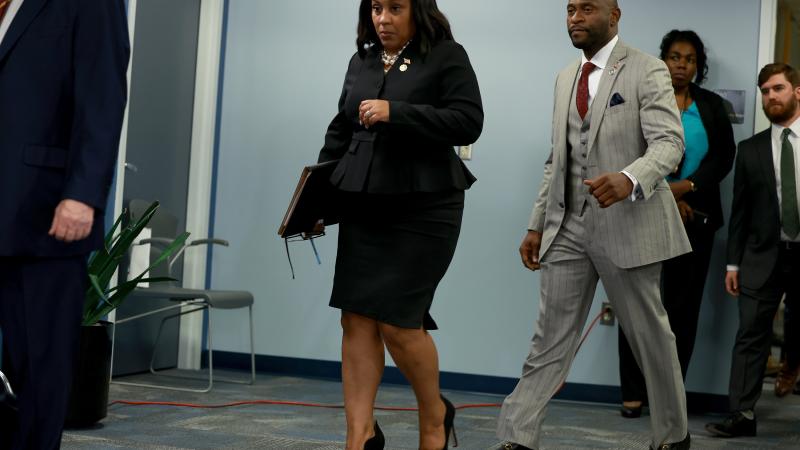COVID bill offers up to $21k in enhanced paid leave to federal workers with children out of school
Federal employees are eligible for as much as $1,400 worth of paid leave per week for 15 weeks, if their children are receiving virtual instruction — whether by choice or necessity.
The massive $1.9 trillion COVID relief bill passed by the House of Representatives contains a provision that gives federal workers access to enhanced paid leave worth up to $21,000 if their children are out of school and receiving virtual instruction — whether by choice or necessity.
The provision within the American Rescue Plan Act of 2021 establishes in the U.S. Treasury an "Emergency Federal Employee Leave Fund" with $570,000,000 to be paid out to federal agencies to cover employees "unable to work" for a variety of reasons, one of which includes disruptions to children's educations.
Employees will qualify for the enhanced benefit if they are "caring for a son or daughter ... if the school or place of care of the son or daughter has been closed, if the school of such son or daughter requires or makes optional a virtual learning instruction model or requires or makes optional a hybrid of in-person and virtual learning instruction models, or the child care provider of such son or daughter is unavailable, due to COVID–19 precautions."
Between the law's passage and Sept. 30, workers can use a total of 600 hours — or 15 weeks for a 40-hour-per-week worker — with benefits not to exceed $1,400 per week, or a theoretical cap of $21,000.
Notably, the bill stipulates that workers will qualify for the benefit if a school offers an "optional" virtual learning environment, suggesting that parents might have access to thousands of dollars' worth of paid leave even if their children are eligible to attend in-person education.
House Democratic leaders did not respond to queries seeking comment on the provision.
Mammoth bill contains numerous non-COVID-related giveaways
Among the relief bill's offerings are non-COVID related appropriations totaling hundreds of millions of dollars.
Among those measures is a provision totaling over a billion dollars for "socially disadvantaged farmers," as well as tens of millions of dollars for the implementation of "environmental justice" initiatives originally promulgated via executive order by President Bill Clinton.
The law would also direct $50,000,000 to the Department of Health and Human Services to help develop and promote "voluntary family planning projects" throughout the country.
The act would also raise the minimum wage from $7.25 to $15 over five years.
















